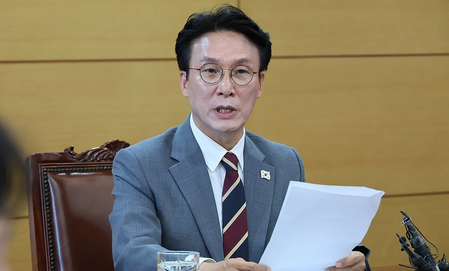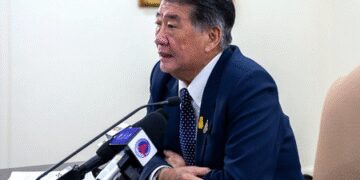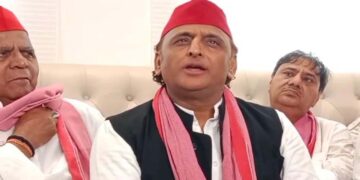Sol, 3 July (IANS). Kim Min-Soi was officially appointed Prime Minister of South Korea on Thursday. President Li J Muung had selected the name of the four -time MP of the ruling party for this post under the new government of the country, in support of which the National Assembly voted.
Earlier in the day, the National Assembly passed a resolution in support of Kim by 173-3 votes with three invalid ballots during the full session.
The main opposition party People’s Power Party (PPP) boycotted the proposal in protest against his assets and family allegations.
Kim, while talking to reporters, pledged to “maintain the will of the people” and emphasize that “controlling the economic crisis” due to “tyrannical forces” would be his top priority.
According to President’s spokesperson Kong You-Jung, Lee officially appointed Kim as Prime Minister after parliamentary voting.
The PPP has called Kim an disqualified candidate, making his son’s college entry and his own education at Tsingua University in China, amidst a huge difference between Kim’s reported assets and expenses.
The Democratic Party had earlier stated that it would unilaterally forward the confirmation, even if the PPP disagree. The Prime Minister is the only cabinet post in South Korea that requires parliamentary approval.
During the session, the National Assembly also passed amendment to the Commercial Act, which would extend the duties of the corporate board members to all shareholders.
There was a conflict between rival parties over the rule that would limit the voting right of the largest shareholder in a company to three percent when selecting the auditor. But after amending the rule on Wednesday, it was agreed to keep the bill to vote.
Of the 272 MPs present, 220 approved the amendment. 29 members voted against this, while 23 did not participate in the voting.
News agency Yonhap reported that the assembly had passed a similar bill in March, but the then President Yun Suk Yol canceled it via veto.
The amendment to the Marshall Law Act was also passed in Thursday’s session, which ban the entry of the Army and Police in the National Assembly when the martial law is declared.
-IANS
ASH/AKE





